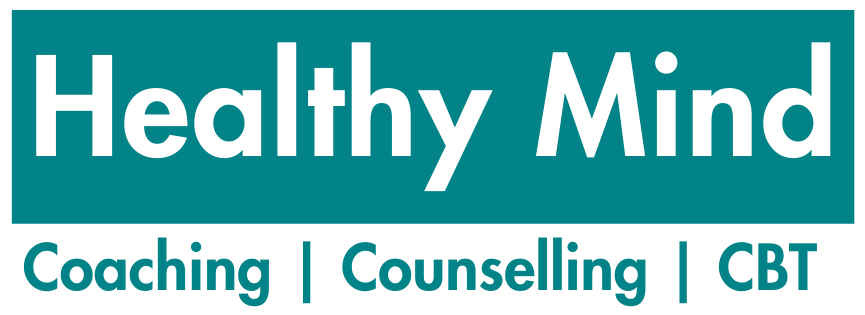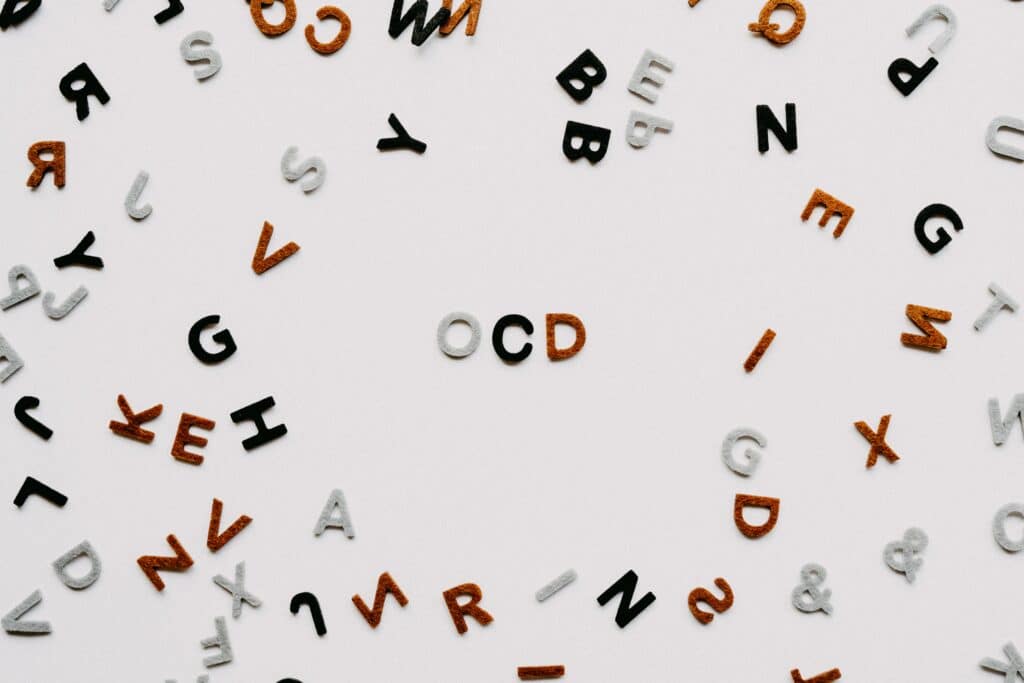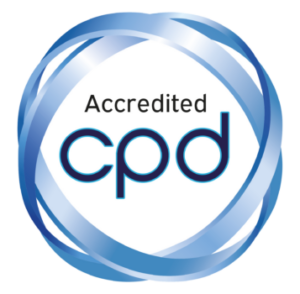OCD, short for obsessive-compulsive disorder, is a condition characterised by symptoms such as obsessions, compulsions, or both.
OCD is a term which is very commonly misused and over exaggerated as a way of describing people who like everything to be extremely clean, organised or look a certain way.
Therefore it is important for people to realise that this is an actual mental health condition that people deal with and how it has the ability to negatively affect their lives.
The types of obsessions and compulsions can change throughout your life when you are in new and different spaces or situations.
How do people get OCD?
OCD is a condition which is quite slow to appear, with symptoms beginning small and appearing as normal behaviours.
It usually takes a trigger which is out of the person’s control such as a personal crisis, abuse or anything negative that affects you, leading you to want control of almost everything in your life.
You can also inherit OCD if people in your family have it or another mental health disorder. It usually begins in teens or young adulthood, but it can occasionally be found in children.
What is the difference between obsession and compulsion?
Having an obsession is an uncontrollable fear or thought that can cause panic, discomfort or stress to an individual.
Some common obsessions include a fear of germs or dirt or an extreme need for order and organisation.
It doesn’t always have to be physical objects that put you on edge, it may be the excessive doubt, worry and fear of making a mistake, meaning you always seek encouragement, and reassurance, validation or approval from others which very often leads to becoming a people pleaser.
Whereas a compulsion is an act or ritual that someone does repeatedly, to feel a sense of control in their routine and as a way of trying to reduce anxiety caused by obsessive thoughts.
Some common compulsive behaviours include cleaning and hand washing, checking things such as locked doors or appliances are turned off repeatedly, hoarding, repeating words or rituals, situations in their head and ordering and arranging items in a certain way so you know you’ll be satisfied.
What can you do to reduce its impact on your life?
When suffering from OCD it’s vital to focus on yourself and take extra measures to ensure you are looking after your mind, body and space.
Your obsessions and compulsions have the ability to take over your life so it’s important to try and manage your symptoms to improve your overall well being and stop it getting worse.
But different things work for different people as there are so many different obsessions and compulsions so take time to reflect on yourself and work out what will work best for you and your personal OCD.
- Therapy
The most obvious way of getting help is through therapy, although this can seem a very daunting and lengthy process but is very effective to gain an outside perspective and professional advice and guidance.
If you choose to go to therapy there are some things you can start doing now to help you prepare such as educating yourself on OCD a bit more, the more you understand yourself-condition there is a better chance you will have at starting to manage and overcome it.
Something else you can do is create an OCD hierarchy, which is a list of the most to least anxiety provoking situations for you, this will give you clearer guidance and an idea of what you need to focus on, avoiding and improving on.
If you are feeling confident and want to push yourself, you can use small exposure exercises and try to tackle one of your least anxiety provoking situations to get used to it and then eventually lessen the anxiety and the need for control.
- Talk to others
Speaking to others about OCD is something a lot of people suffer with and as they feel scared to try and explain it to someone else, but this can be an extremely helpful source of reassurance and guidance.
Working up the courage to speak to someone close to you, that you can trust can help you feel a lot less lonely and help you feel more able to cope.
It may even be more beneficial and less daunting for you to write it down to read through yourself or give it to someone else to try and understand and help you.
But if you don’t feel like you’re ready to talk, just spending more time with friends and family can help you feel more at ease and over time more comfortable to share.
- Look after your physical health
Although this is a mental health condition, there is great importance in looking after your physical health. Some ways of doing so are to ensure you are getting enough sleep as it’s crucial you have enough energy to cope with difficult situations and give your mind a break.
It’s also important to be mindful of your diet, having a regular schedule will allow you to feel in control and keep your blood sugar stable to help with mood and energy levels.
Also doing some sort of physical activity can help improve your mood, self-esteem and self worth. There are so many different types of physical activity, try some out and see what works best for you, the dopamine release will also be very beneficial to you.
- Don’t turn to substances for help
When you’re learning to manage your OCD it can be tempting to use nicotine and alcohol as a coping mechanism, however this can have the opposite effect on your mental state.
As these short term calmers wear off it actually increases your anxiety levels or accelerates your OCD symptoms.
There are many ways in which you can start to regain control of your mind and reduce the impact of OCD on your life, but everyone is different so it’s crucial that you try out different methods and reflect on yourself to figure out what works best for you.
Contact [email protected] for a free 20 minute consultation to discuss your issues, concerns and requirements.






